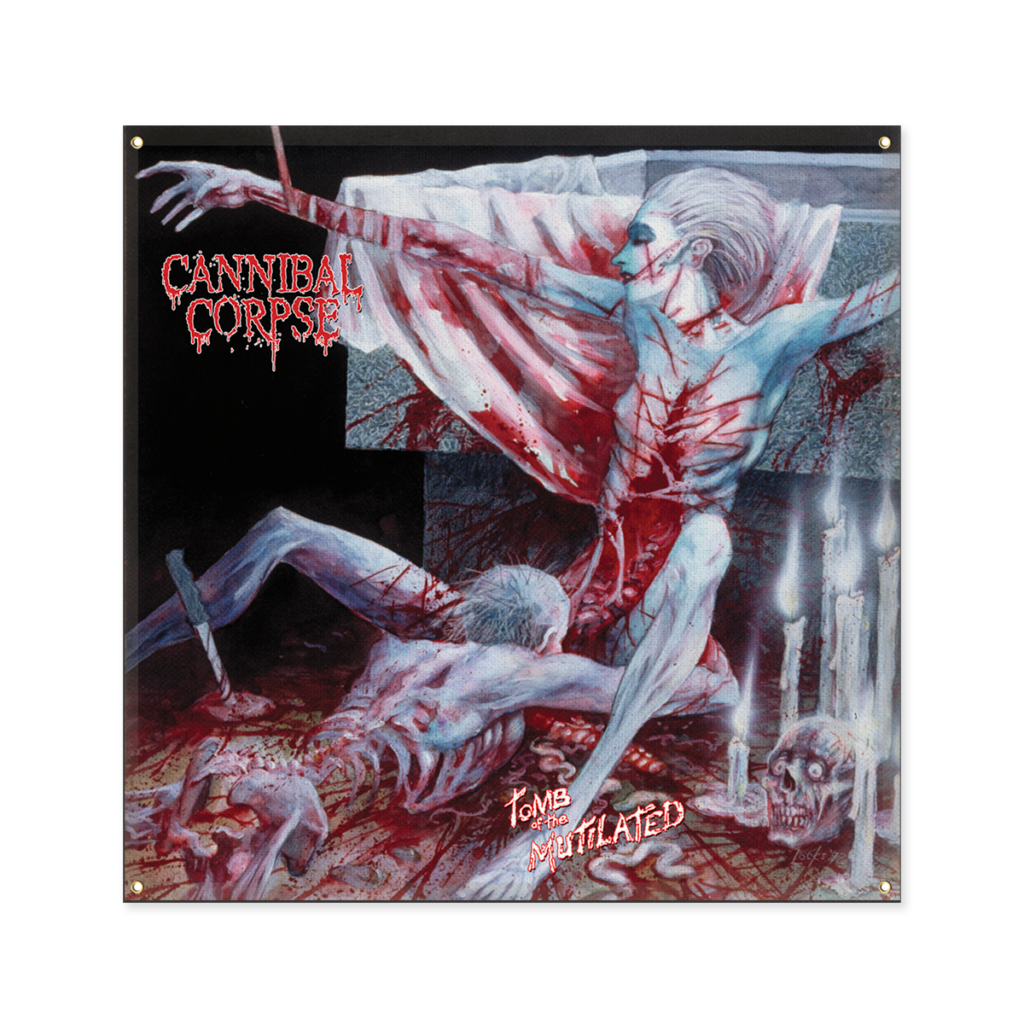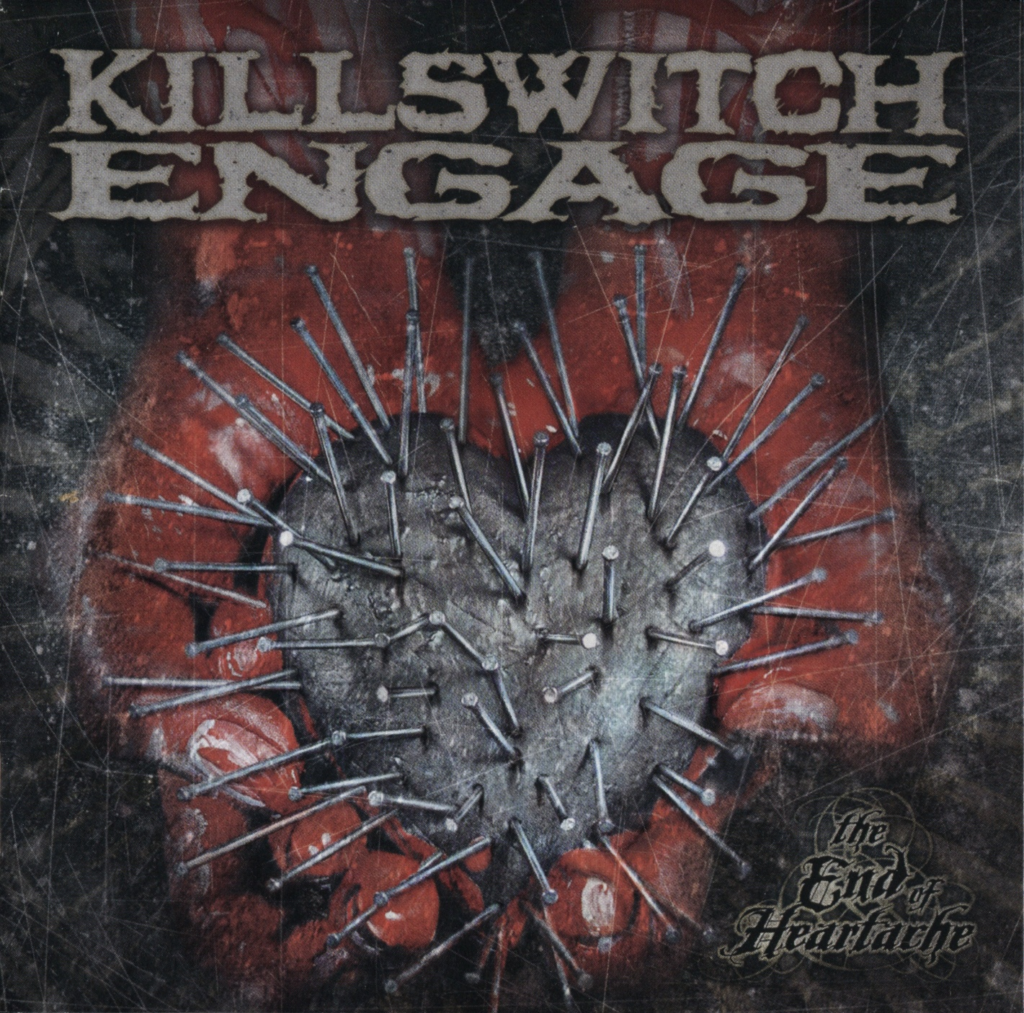Unveiling the Rich Tapestry of Heavy Metal Music
Metal music is a powerful and diverse genre that has captivated audiences for decades. With its roots dating back to the late 1960s, it has evolved into a complex ecosystem of metal subgenres, each with its unique characteristics, themes, and fanbase. In this exploration, we delve deep into the world of metal, unraveling the major subgenres that have shaped its history and continue to influence the music landscape today.
Defining Metal: A Sonic Rebellion
At its core, metal is characterized by its heavy, distorted guitar riffs, thunderous drumming, and often, aggressive and powerful vocals. It’s a genre that thrives on intensity, pushing the boundaries of sonic expression. Metal’s lyrics often touch on themes of rebellion, darkness, fantasy, and introspection, making it a musical refuge for those seeking an escape from the mundane.

The Origins and Evolution of Metal
Metal emerged in the late 1960s and early 1970s, primarily in the United Kingdom and the United States. The genre’s early pioneers, such as Black Sabbath, Deep Purple, and Led Zeppelin, laid the foundation for what would become known as “classic” or “traditional” metal. These bands introduced elements like heavy guitar solos and dark lyrical themes, setting the stage for the genre’s future evolution.
Classic Metal
Influential Bands:
- Black Sabbath – Album: “Paranoid”
- Led Zeppelin – Album: “Led Zeppelin IV”
- Deep Purple – Album: “Machine Head”
Classic metal, sometimes referred to as “proto-metal,” is the genre’s first incarnation. Bands in this category created the iconic sound that still resonates with metalheads today. Black Sabbath, often considered the pioneers of metal, released their groundbreaking album “Paranoid” in 1970, featuring classics like “Iron Man” and “War Pigs.”
Thrash Metal
Influential Bands:
- Metallica – Album: “Master of Puppets”
- Megadeth – Album: “Rust in Peace”
- Slayer – Album: “Reign in Blood”

The 1980s saw the birth of thrash metal, characterized by breakneck tempos, aggressive guitar riffs, and politically charged lyrics. Bands like Metallica, Megadeth, and Slayer pushed the boundaries of speed and intensity. Metallica’s “Master of Puppets” is often hailed as one of the greatest thrash albums ever recorded.
Power Metal
Influential Bands:
- Helloween – Album: “Keeper of the Seven Keys: Part I”
- Blind Guardian – Album: “Nightfall in Middle-Earth”
- Stratovarius – Album: “Visions”
Power metal, a subgenre known for its melodic and uplifting sound, emerged in the 1980s and gained prominence in Europe. Bands like Helloween and Blind Guardian incorporated fantasy-themed lyrics and symphonic elements. Helloween’s “Keeper of the Seven Keys: Part I” is a cornerstone of the power metal genre.
Death Metal
Influential Bands:
- Death – Album: “Symbolic”
- Cannibal Corpse – Album: “Tomb of the Mutilated”
- Morbid Angel – Album: “Covenant”

The late 1980s and early 1990s witnessed the rise of death metal, characterized by guttural vocals, complex guitar work, and lyrics often exploring dark and macabre themes. Chuck Schuldiner’s Death, with their album “Symbolic,” is often cited as a pioneering force in death metal’s evolution.
Black Metal
Influential Bands:
- Mayhem – Album: “De Mysteriis Dom Sathanas”
- Burzum – Album: “Filosofem”
- Emperor – Album: “In the Nightside Eclipse”
Black metal emerged in the early 1990s, primarily in Norway, and is known for its aggressive sound, high-pitched shrieking vocals, and lyrical themes often revolving around mysticism, nature, and the occult. Mayhem’s “De Mysteriis Dom Sathanas” is a seminal work in the black metal genre.

Progressive Metal
Influential Bands:
- Dream Theater – Album: “Metropolis Pt. 2: Scenes from a Memory”
- Tool – Album: “Lateralus”
- Opeth – Album: “Blackwater Park”
Progressive metal, a genre that combines the complexity of progressive rock with the heaviness of metal, gained prominence in the late 1980s and early 1990s. Bands like Dream Theater and Tool are known for their intricate compositions and thought-provoking lyrics. Dream Theater’s “Metropolis Pt. 2: Scenes from a Memory” is a masterpiece of progressive metal.
The Metal Family Tree: Related Genres
Metal’s influence extends far beyond its core subgenres, giving rise to various related genres that have left their mark on the music world.
Doom Metal
Influential Bands:
- Candlemass – Album: “Epicus Doomicus Metallicus”
- Electric Wizard – Album: “Dopethrone”
- My Dying Bride – Album: “Turn Loose the Swans”
Doom metal, as the name suggests, is characterized by its slow tempo, heavy guitar riffs, and a sense of impending dread. Candlemass’s “Epicus Doomicus Metallicus” is a seminal album in this genre, setting the tone for the melancholic and brooding atmosphere that doom metal is known for.
Stoner Metal
Influential Bands:
- Kyuss – Album: “Blues for the Red Sun”
- Sleep – Album: “Dopesmoker”
- Electric Wizard – Album: “Dopethrone”
Stoner metal, often associated with the use of psychedelic substances, features fuzzy guitar tones, repetitive grooves, and lyrics inspired by counterculture themes. Kyuss’s “Blues for the Red Sun” is a cornerstone of stoner metal, showcasing its hypnotic and hazy sound.
Industrial Metal
Influential Bands:
- Nine Inch Nails – Album: “The Downward Spiral”
- Rammstein – Album: “Mutter”
- Ministry – Album: “Psalm 69: The Way to Succeed and the Way to Suck Eggs”
Industrial metal combines the heaviness of metal with the electronic and industrial elements, creating a harsh and mechanical sound. Nine Inch Nails’ “The Downward Spiral” is a groundbreaking album that blends aggressive guitars with industrial textures, defining the genre’s aesthetic.
Folk Metal
Influential Bands:
- Finntroll – Album: “Nattfödd”
- Korpiklaani – Album: “Karkelo”
- Eluveitie – Album: “Slania”
Folk metal fuses metal with traditional folk music, often incorporating folk instruments and lyrics inspired by folklore and mythology. Finntroll’s “Nattfödd” is a prime example of this genre, infusing metal with a lively and melodic folk sensibility.
Metalcore
Influential Bands:
- Killswitch Engage – Album: “The End of Heartache”
- As I Lay Dying – Album: “An Ocean Between Us”
- Converge – Album: “Jane Doe”

Metalcore blends elements of metal and hardcore punk, featuring breakdowns, screamed vocals, and a high-energy live performance style. Killswitch Engage’s “The End of Heartache” is a pivotal album in the genre, combining melody with aggressive riffing.
Metal Subgenres
Metal, with its multitude of subgenres and related styles, remains a vibrant and ever-evolving genre. Each subgenre carries its unique sonic identity, appealing to a diverse audience of metal enthusiasts. Whether you’re drawn to the thunderous power of classic metal, the complexity of progressive metal, or the darkness of black metal, there’s a world of metal music waiting to be explored.
Metal is a genre that defies categorization, constantly pushing boundaries, and challenging conventions. It’s a sonic journey that invites you to explore the depths of human emotion, imagination, and the power of music to transcend the ordinary.
Now, let’s dive into the world of metal and discover the subgenres that have shaped its history and continue to shape its future.
References:
- Metallica Official Website
- Death Metal Evolution: A Brief History
- Black Metal: A Brief Overview
- The Origins of Doom Metal
- A Brief History of Metalcore
Note: This article provides an extensive overview of metal subgenres, but it’s by no means exhaustive. Metal is a vast and ever-evolving genre with numerous sub-subgenres and experimental forms that continue to push the boundaries of music.

